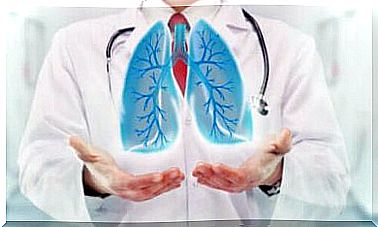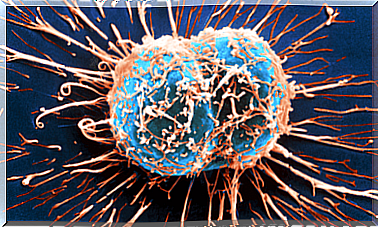What Is Therapy Compliance?
According to the World Health Organization, adherence is a problem to be aware of. The socio-economic damage caused by a lack of therapy compliance is incalculable.

The issue of adherence to therapy is important. The success of the treatment depends to a large extent on this. However, this matter is quite complex as there are many factors influencing the situation.
The first difficulty lies in the fact that there is no clear agreement as to what therapy compliance is.
Some health professionals believe that it is done by the time the patient has taken the prescribed medication. Others consider it to be a multi-factorial phenomenon.
The reasons and consequences of a lack of therapy compliance are also diverse. That means that every case is different. Therefore, it is not easy to discuss and deal with this concept.
What is therapy compliance?

Compliance means that the patient actively and voluntarily undergoes treatment from the health professional. Your goal is to get a certain result. This obligation must be discussed between the doctor and the patient.
Adherence is a complex of behaviors. From the patient’s point of view, it includes the acceptance of the medical plan for treatment and the effective execution of the medical instructions.
It also means avoiding risky behavior and adopting a lifestyle that goes hand in hand with treatment.
From the doctor’s point of view, adherence primarily means the ability to create a positive connection with the patient.
He must give clear instructions to the patient and make sure that they have understood them. At the same time, it should motivate the patient to voluntarily adhere to the treatment.
Factors Affecting Adherence
There are many factors that promote or hinder adherence to therapy. The main ones include:
- Interaction doctor / patient : This is about the quality of the relationship. If the doctor has a good relationship with his patient, he usually achieves a higher level of therapy compliance. Communication is fundamental here. The clearer and more motivated the instructions, the better.
- Therapeutic regulation : Influential elements here are how complicated the dosage is and what side effects arise. A simple dose seems to be the easiest option. The more severe the side effects, the more complicated it becomes to be patient.
- Characteristics of the disease : If the drug quickly satisfies the symptoms, it leads to higher adherence to therapy. Asymptomatic patients tend to have the worst results in this regard.
- Psychosocial factors : Beliefs, attitudes, lifestyle, and values are factors that influence adherence to therapy. It is particularly important that the patient perceives the effectiveness of the treatment and the doctor.
- Environment : If a patient receives support from his environment, then it is easier for him to follow the doctor’s instructions. Aspects such as religion and the family’s attitudes towards health are important factors here.
Consequences of non-compliance

A lack of compliance has multiple consequences, mainly health and economic. However, this is an aspect that is difficult to assess. The majority of patients refuse to talk about non-compliance and are not always completely honest when it comes to the issue.
The clinical consequences depend on the type of non-compliance. Sometimes a patient does not even start treatment, in other cases he pauses treatment. The effects then depend, among other things, on the disease and the patient’s condition.
Generally speaking , a lack of adherence to therapy increases healthcare costs. There are more hospital admissions and visits to doctors’ offices or emergency rooms.
It can also lead to changes in the prescription and an increased need for diagnostic tests.
How do you achieve greater adherence to therapy?
There are a lot of studies going on today to develop strategies to improve adherence. The last word has not yet been spoken on this topic, but the following measures are generally recommended:
- Simplify drug treatment as much as possible : the lower the dose and number of drugs, the greater the patient’s compliance with the therapy.
- Influencing behavior : The aim here is to improve the relationship between patient and therapy. This includes reminders, medical monitoring, rewards, etc.
- Information for the patient : The patient not only needs to know what to take and when, but also why it is so important. This increases the likelihood that the patient will complete the treatment voluntarily.
- Family and social support : This includes acts that bring social support, such as domestic help, financial support, etc.
- Training of health workers : this is especially necessary in order to learn communication and motivation techniques.
All of these strategies should be applied simultaneously and in a coordinated manner. If this happens, the adherence to therapy also improves.









